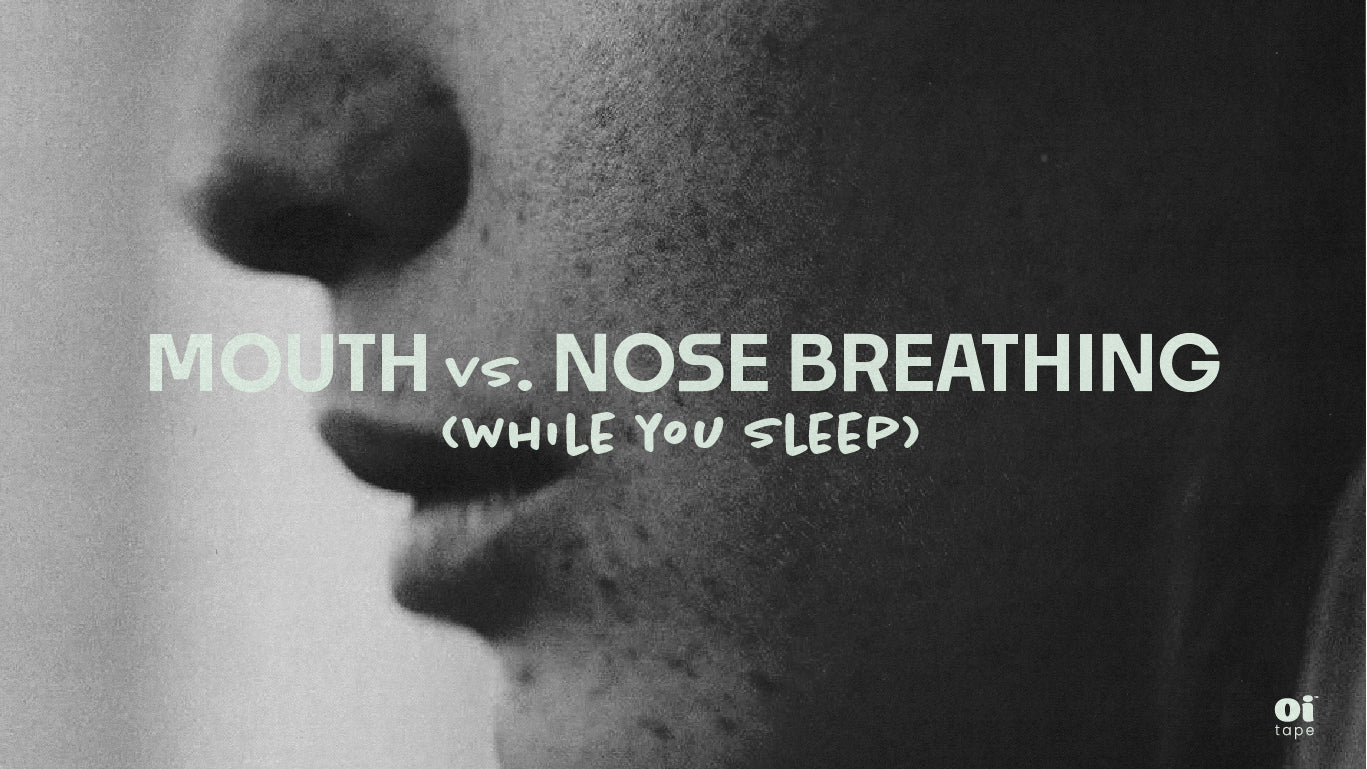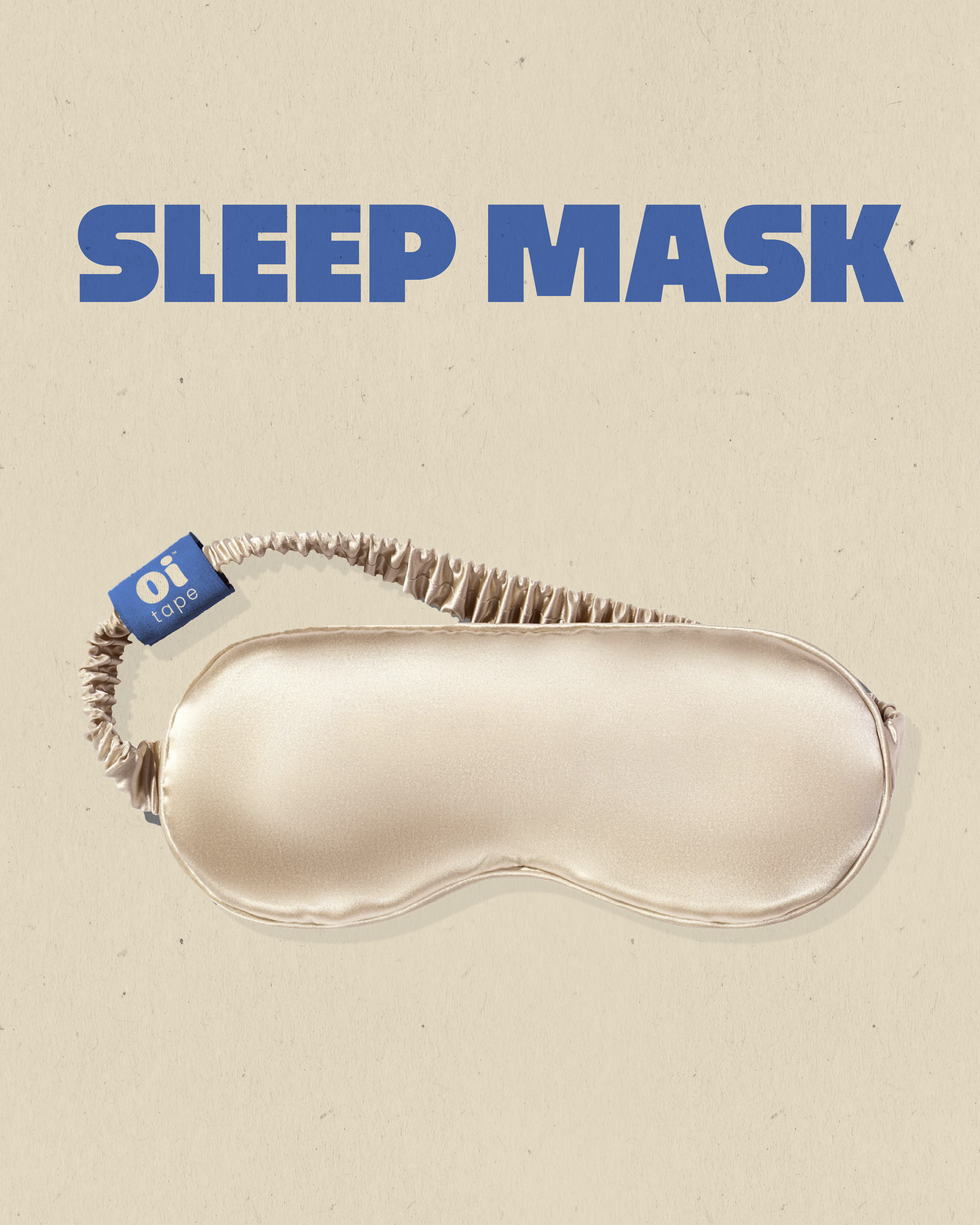

Mouth vs. Nose Breathing While You Sleep
NOSE BREATHING
Nose breathing, also known as nasal breathing, is the body's natural and preferred mode of respiration. The nose serves as a sophisticated air conditioning system, filtering, warming, and humidifying the air before it reaches the lungs. Additionally, nasal breathing promotes the production of nitric oxide, a powerful vasodilator that helps regulate blood pressure and improve oxygen absorption in the body.
Improved Sleep Quality: Nasal breathing encourages slower, deeper breaths, which can help induce a state of relaxation and promote deeper sleep. It also reduces the likelihood of snoring and obstructive sleep apnea, two common sleep disorders associated with mouth breathing.
Optimal Oxygenation: Nasal breathing allows for more efficient oxygen exchange in the lungs, ensuring that the body receives an adequate supply of oxygen during sleep. This is particularly beneficial for individuals with respiratory conditions such as asthma or chronic obstructive pulmonary disease (COPD).
Reduced Risk of Oral Health Issues: Breathing through the nose during sleep helps maintain proper oral hygiene by preventing the drying out of oral tissues and reducing the risk of dental problems such as cavities and gum disease.
MOUTH BREATHING
While nose breathing is generally considered optimal for sleep and overall health, many individuals habitually breathe through their mouths during sleep.
Mouth breathing during sleep may have several potential drawbacks:
Disrupted Sleep Patterns: Mouth breathing can lead to fragmented sleep, as it is often associated with snoring, sleep apnea, and other sleep-related breathing disorders. These disruptions can impair sleep quality and leave individuals feeling fatigued and unrested upon waking.
Dry Mouth and Throat: Breathing through the mouth can cause dryness of the mouth and throat, leading to discomfort and irritation. Chronic mouth breathing may also contribute to bad breath and oral health problems over time.
Impaired Oxygenation: Mouth breathing bypasses the nasal passages' filtration and conditioning mechanisms, potentially leading to suboptimal oxygenation of the blood. This can impact overall health and contribute to fatigue and daytime drowsiness.
If you find yourself consistently breathing through your mouth during sleep, it may be worth exploring potential underlying causes, such as nasal congestion or obstructive sleep apnea, and seeking appropriate treatment. Simple lifestyle changes, such as maintaining good nasal hygiene, sleeping in a well-ventilated room, or using nasal dilators, and mouth taping may help promote nose breathing and improve sleep quality.





